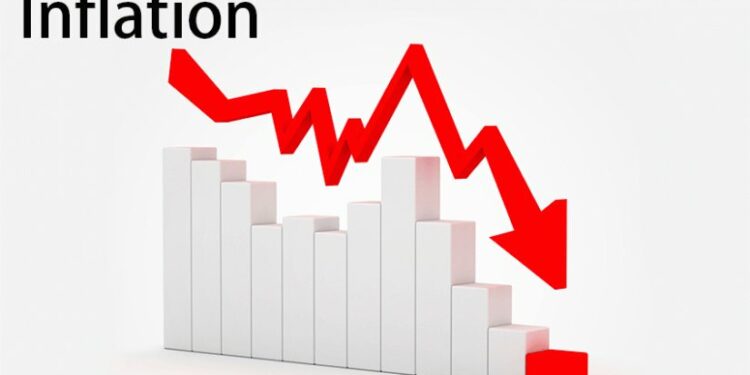October inflation sees notable dip falling to 35.2% YoY
The inflation data as reported by the GSS, underscore the multifaceted nature of Ghana’s inflationary landscape, where sectoral differentials and regional nuances play pivotal roles in shaping the economic trajectory.
The month of October experienced a notable deceleration in year-on-year inflation, with figures dropping from 38.1% in September to 35.2%, according to data released by the Ghana Statistical Service (GSS).
This moderation is primarily attributed to a marginal reduction in food inflation during the period.
The GSS report delineates that food inflation stood at 44.8%, overshadowing the non-food inflation rate of 27.7%. Inflation of locally produced items and imported items stood at 34.4% and 34.4% respectively with the latter experiencing a decline from 37.4% in the preceding month.
Several sectors surpassed the national average, with notable frontrunners including Alcoholic Beverage, Tobacco and Narcotics (45.7%), Personal Care, Social Protection, and Miscellaneous Goods and Services (45.0%), as well as Food and Non-Alcoholic Beverages (44.8%). Furnishings, Household Equipment, and Routine Household items also contributed to this trend with an inflation rate of 40.9%.
Conversely, the Insurance and Financial Services sector reported a modest inflation rate of 5.5%, representing the lowest among the surveyed divisions.
On a month-on-month basis, Restaurants and Accommodation Services led the inflationary charge with a notable 3.2% increase, while food inflation exhibited a marginal uptick at 0.1%, registering the lowest among the categories surveyed.
Regionally, the Eastern Region emerged with the highest rate of food inflation, emphasizing geographical disparities in economic indicators. In contrast, the Upper East region reported the lowest rate of food inflation.
The inflation data as reported by the GSS, underscore the multifaceted nature of Ghana’s inflationary landscape, where sectoral differentials and regional nuances play pivotal roles in shaping the economic trajectory.
Source:norvanreports


